Though the private sector is an important source of priority health products and services in Tanzania, it has yet to be fully used to lessen pressure on the public sector and further improve health outcomes for all Tanzanians.
The government of Tanzania has made significant strides in improving the delivery of essential health services and commodities. Among the percentage of children presenting with fever who received antimalarial drugs, artemisinin-based combination therapy use increased from 8 percent in 2004-2005 to 85 percent in 2015-2016. Modern contraceptive use has increased from 27 percent to 32 percent since 2009-2010. Tanzania is one of 24 priority countries under USAID’s effort to end preventable maternal and child deaths. Sick child care-seeking levels are high in Tanzania (64%), with caregivers seeking care from both the public and private sectors.
However, substantial health and development challenges remain. Tanzania’s ability to address these health challenges and achieve its development goals is constrained by a variety of factors. While the private sector contributes additional skilled health workers and facilities, Tanzania continues to struggle with a shortage of human resources for health and inadequate infrastructure within the public sector. SHOPS Plus partners with private and the public sector partners to increase the capacity of the private sector to provide priority health products and services by:
- Increasing private sector provision of priority health services through pre-service and in-service clinical capacity building.
- Facilitating financial viability of private providers through business and financial training and access to finance.
- Improving cross-sector implementation of total market approaches by developing and facilitating total market approach strategies for HIV, MCH, and family planning markets.
- Creating an enabling environment for the private sector by improving dialogue, policies, and regulation.
- Leveraging public-private synergies to advocate for private sector representation at relevant forums and promoting the use of private sector data for planning and decision making at national and sub national levels.
- Supporting linkages between manufacturers, distributors, wholesalers and social enterprise organizations to market opportunities.
Highlights from program activities from December 2016 through April 2020:
News and Highlights from Tanzania
Program Components
Decreasing barriers to access to finance for private sector providers
Increasing access to health insurance
Increasing clinical skills of private providers
Increasing the use of total market approach strategies by private and public health sector actors
Strengthening business and financial practices for last mile private providers (ADDOs and PRINMAT)
Supporting a local social marketing organization
Relevant Research
Relevant research:
- Mixed-Methods Research in Tanzania to Inform a Total Market Approach for Condoms
- HIV Workplace Programs Targeting Male Employees in Tanzania: Formative Research
- Sources for Sick Child Care in Tanzania (presentation)
- Sources for Sick Child Care in Tanzania (brief)
- Sources of Family Planning: Tanzania
- Assessment of Private Provider Experiences after Training on Gender-Based Violence Service Provision
.png)
.png)
.png)



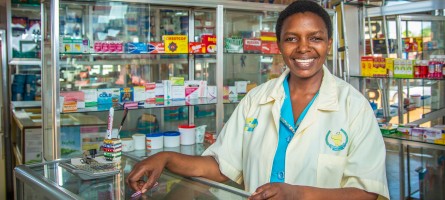
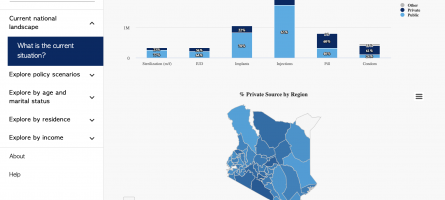
 at that facility_credit-Festo Komba copy_knabk485jkt8tnrn28xnho.jpg)

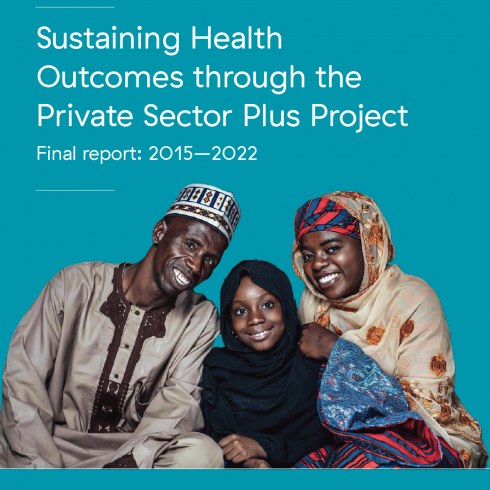
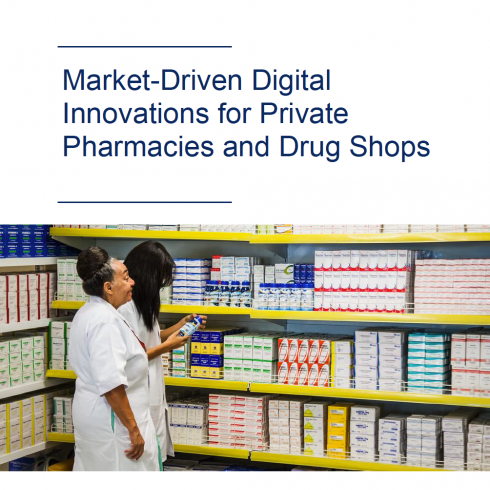
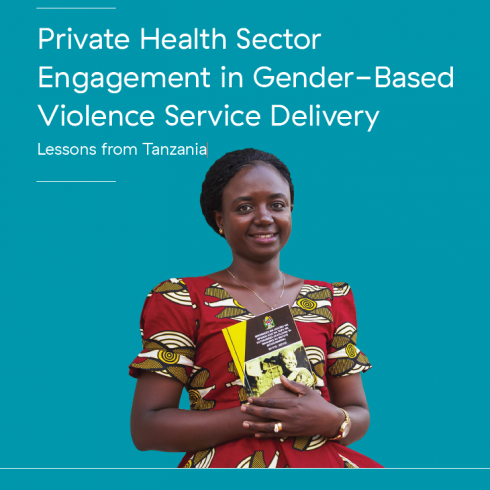
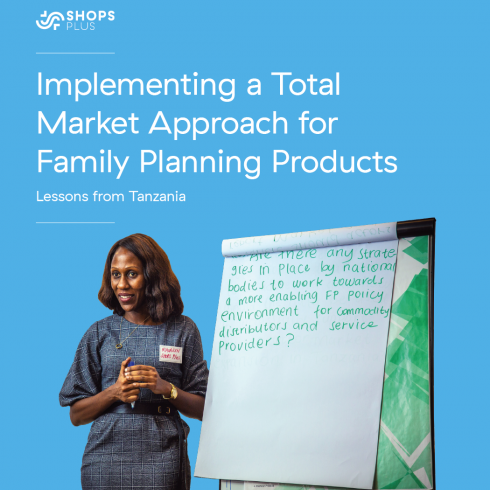
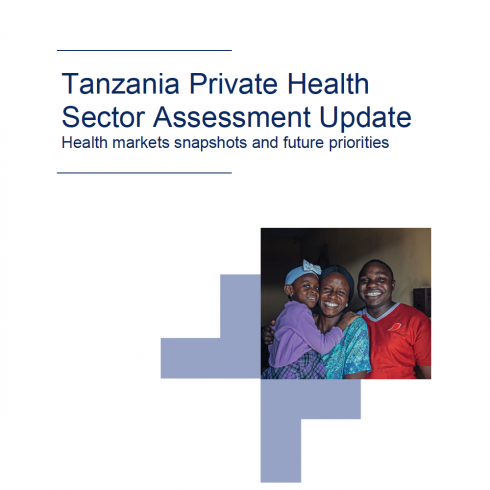
.png)
